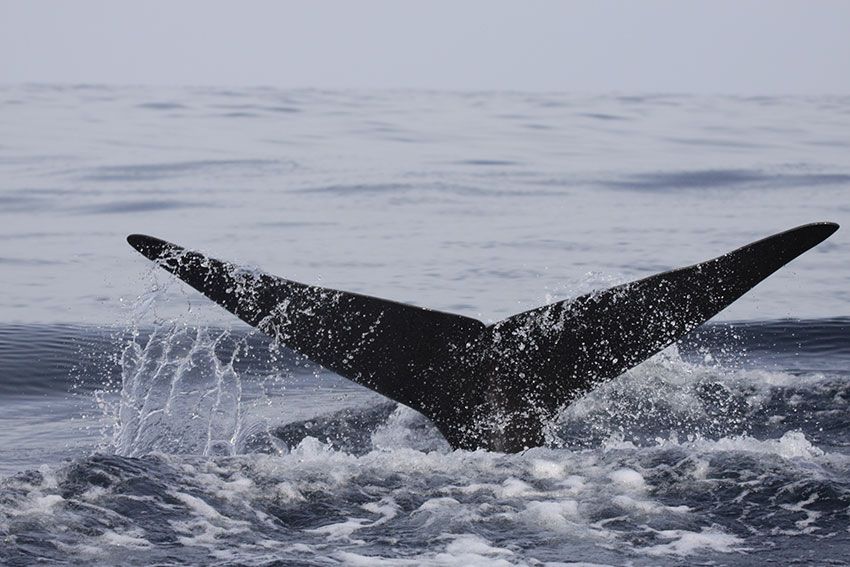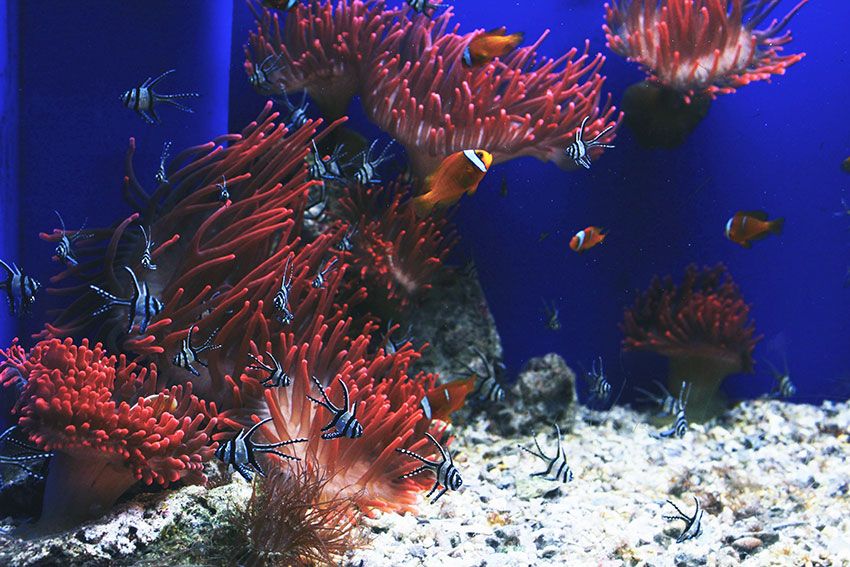Bhutan is the only country in the world to rank Gross National Happiness (GNH), above economic growth GDP. It is designed to measure and protect the collective happiness and wellbeing of the population, people’s quality of life, and makes sure that “material and spiritual development happen together.” We all always strive for happiness, and one of the main goals of our lives is to be happy, but with economic growth has on the front line, that is not easy to find the right balance. The people of Bhutan have found this balance.
In 2015, the country had a population of 760,000 inhabitants with there are three main ethnic groups: the Tshanglas, the Ngalops, and the Lhotshampas. The official language is Dzongkha, a language closely related to Tibetan and Nepali. The capital and largest city is Thimphu.
How does Bhutan measure happiness?
The country has been ranked as the happiest country in all of Asia, and the eighth Happiest Country in the world according to Business Week. In 2007, the country had the second-fastest-growing GDP in the world.
The Kingdom’s philosophy is based on four central pillars – equitable social development, cultural preservation, conservation of the environment, and promotion of good governance. It is put into practice using a 30-page questionnaire that every Bhutanese should pass, describing various indicators such as health, psychological well-being, education, pastime and hobbies, and so on.
Over five months, Bhutanese were interviewed across the country and it was concluded that GNH has grown significantly from 0.743 in 2010 to 0.756 in 2015. An indication that shows overall people’s lives are getting better.
The government has a belief that a society’s happiness should be measured not only by its material indicators but also by the health, education and contentedness of its population.
For many centuries, the kingdom has preserved much of its culture, maintaining its environment and cultural identity by avoiding globalization and staying isolated from the world. Bhutan limits the number of foreigners in the country each year, and every traveler has to pay the two hundred and fifty dollars a day fee.
The Internet, television, and western dress style were banned from the country up until the beginning of the 2000s as part of a radical plan to modernize the country. Bhutan became the last nation in the world to be introduced on television. In the past years, globalization has begun to influence Bhutanese, but things remain perfectly balanced.
This tiny country was created in 1616 as a Buddhist sanctuary from a refugee monk from Tibet. The country was so well isolated from the world and well preserved its identity. The novelist James Hilton called it Shangri-la, a secret Himalayan valley.

Bhutan is the only Buddhist Kingdom in the world – its official religion is Mahayana Buddhism. Buddhism is supported by the government both politically and economically. The government gives subsidies to Buddhist monasteries, monks, and other Buddhist programs. Buddhists also are very influential politically with a guaranteed voice in public policy.
Bhutan government has also made significant efforts to keep other major religions out of their country as promoting other major religions are not allowed in Bhutan.
The restrictions on tourism and their protection of natural resources have let the country preserve the beautiful landscape and physical country as well as their cultural identity.
The country’s economy and culture are still growing and changing, adapting to globalization, while still able to preserve its unique thousand-year-old traditions and culture.
The idea of gross national happiness was developed by Bhutan’s previous monarch, the fourth king, Jigme Singye Wangchuck.
Want to learn more about Bhutan? Check out some of our other posts about Bhutan.












